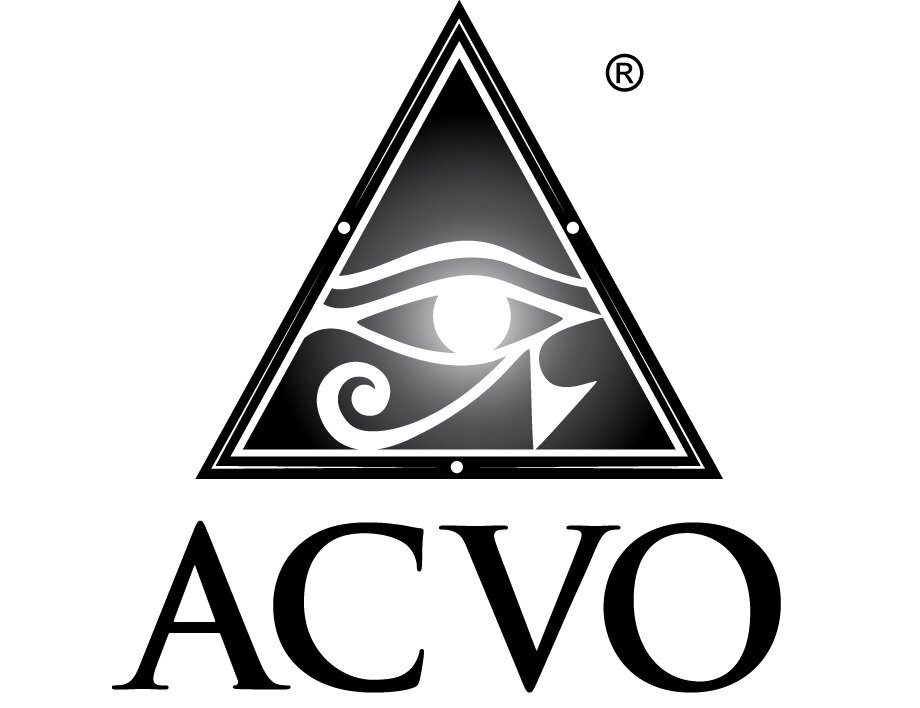Entropion
Nancy M. Bromberg, VMD, MS, DACVO
What is entropion?
Entropion is a condition that arises where the eyelid margins invert and hair or fur around the eyes contacts the corneal surface. It can be unilateral (only one eye involved) or bilateral (both eyes involved). Entropion causes discomfort due to the hair and/or lashes rubbing on the cornea. Corneal ulcerations, perforations, and scarring can occur.
What causes entropion?
Entropion has many causes. In young patients, entropion usually has a genetic, or breed related etiology. Several breeds of dogs have an increased incidence of entropion, including Chinese Shar Pei’s, Chow Chows, and the Labrador Retriever. Entropion is also commonly seen in Maine Coon cats. The exact mode of genetic inheritance of this condition is not fully understood at this time.
Other causes of entropion include ocular discomfort, intraocular inflammation, systemic dermatologic conditions, infectious eyelid and conjunctival diseases, and scarring of the eyelids due to trauma or injury.
How is entropion diagnosed?
The diagnosis of entropion is usually straight forward and based on clinical symptoms of discomfort and discharge. Identifying the underlying causes and development of a treatment plan can be more complicated and require thorough ocular examination and evaluation of the lid anatomy and blink function.
How is entropion treated?
In young animals, temporary tacking of the eyelids may allow your pet to “outgrow” the entropion as the anatomy and skull features mature. In older animals, more permanent surgical correction of the lid position is indicated. There are many surgical techniques that are utilized to provide optimal eyelid position and blink function. Many ocular plastic surgery procedures can be complex. Evaluation with a board certified veterinary ophthalmologist can assure that correct surgical timing and technique are utilized to provide your pet with optimum comfort and corneal health.
What is the prognosis for Entropion?
If left untreated, entropion can lead to vision deficits caused by corneal ulceration, corneal perforation or severe scarring.
If left untreated, entropion can lead to vision deficits caused by corneal ulceration, corneal perforation or severe scarring. With proper diagnosis and treatment, the prognosis is excellent for maintain comfort and a healthy, visual eye.
Figure 1: Entropion Sample

